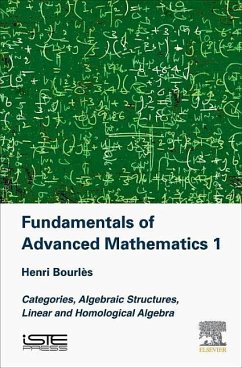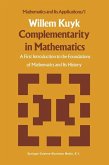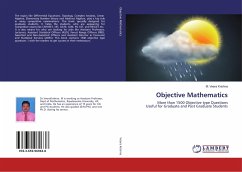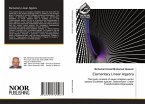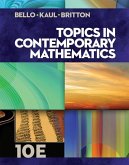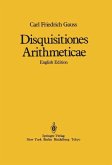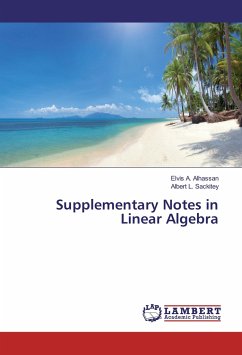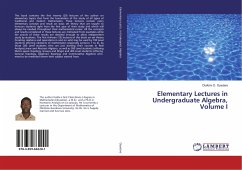This precis, comprised of three volumes, of which this book is the first, exposes the mathematical elements which make up the foundations of a number of contemporary scientific methods: modern theory on systems, physics and engineering.
This first volume focuses primarily on algebraic questions: categories and functors, groups, rings, modules and algebra. Notions are introduced in a general framework and then studied in the context of commutative and homological algebra; their application in algebraic topology and geometry is therefore developed. These notions play an essential role in algebraic analysis (analytico-algebraic systems theory of ordinary or partial linear differential equations).
The book concludes with a study of modules over the main types of rings, the rational canonical form of matrices, the (commutative) theory of elemental divisors and their application in systems of linear differential equations with constant coefficients.
This first volume focuses primarily on algebraic questions: categories and functors, groups, rings, modules and algebra. Notions are introduced in a general framework and then studied in the context of commutative and homological algebra; their application in algebraic topology and geometry is therefore developed. These notions play an essential role in algebraic analysis (analytico-algebraic systems theory of ordinary or partial linear differential equations).
The book concludes with a study of modules over the main types of rings, the rational canonical form of matrices, the (commutative) theory of elemental divisors and their application in systems of linear differential equations with constant coefficients.
"The volume is well organized and carefully written, and the reader gets useful knowledge about various topics, mainly from category theory and algebra. The volume will surely be a valuable tool for the targeted specialists, who may take advantage of the solid mathematical foundation set by the author. But it also produces an interesting selection of results, which may offer some perspectives to algebraists interested in applications to other fields of research." --MathSciNet

